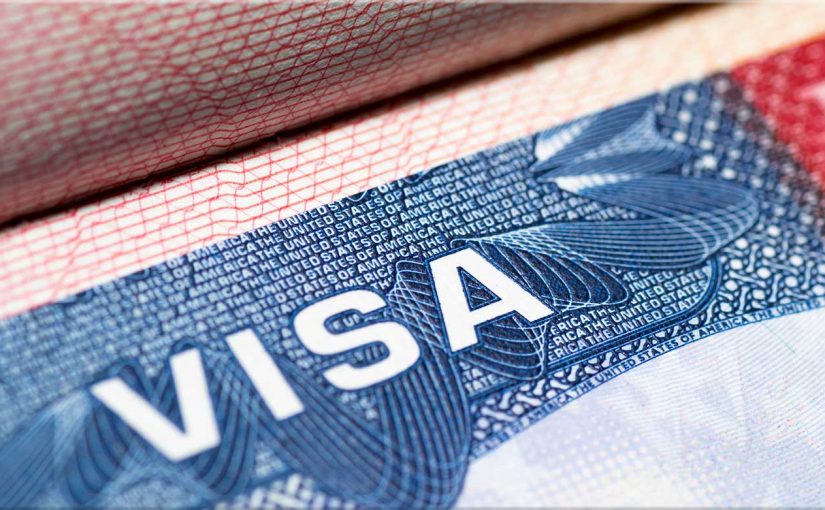
Interviewer: What’s the meaning of D.A.C.A.?
Jeanne Morales: Right. That’s an abbreviation of the actual term. There’s a group of people who are in this country illegally, undocumented, through no fault of their own. That would be people who were brought here as children by parents or other adults. They’ve gone to school here. They know English and some of them don’t know the language of their native country. Once they turn 18 they are considered responsible for their actions. The crime of illegal entry has already occurred but they didn’t commit it. They just are faced with the consequences of it.
For several years in Congress, there has been something floating around called the Dream Act. There are a group of people, who through no fault of their own, ended up here. They finished high school and they are being productive members of society. The Dream Act has not passed. Various versions of it still exist within the United States Congress. Last year, in 2012, President Obama, through executive order, created something like the Dream Act. It’s called the Deferred Action for Childhood Arrivals. Everybody in the industry calls it D.A.C.A.
This is a way of getting these people work permits and getting them a quasi status in the United States. It is to help get them out of the shadows and let them go to college. It allows them to work and continue to be productive members of society, as opposed to living in the shadows. They didn’t have the mental capacity to break the law when the law was broken because they were children.
Interviewer: Wow. That will be the topic of our next discussion involving DACA. Does that apply to minors only?
Jeanne Morales: People are eligible up to the age of 30. You can’t apply for it until you are 16 years old, so high-school age to age 30. There are some other criteria, but essentially someone who goes through DACA is going to end up with a work permit and they’re not going to be deported. It’s only good for two years but renewals are available. Another big selling point is, if and when Congress does future immigration reform that window will open a little bit more. Those persons who go through DACA can apply to adjust their status to permanent residence; they will already have already been through the system, so their processing should go faster than say the generic person. They have already been scrutinized, fingerprinted, and things like that. Theoretically, they would be processed quicker.
Interviewer: Ms. Morales, is there anything else that you’d like to add in regard to immigration and green cards?
Jeanne Morales: Yes. The word permanent resident does not mean permanent. If they are serious about staying in the country, they should not be breaking the law. If they’re serious about staying in the country, then they need to naturalize because only naturalization is permanent. Only then do you have the ability to vote, and hopefully help influence future immigration legislation by becoming a registered to vote and influence Congress.
Useful D.A.C.A. Resources
DACA numbers from Sept 12’ to Sept 13’
States where DACA applicants are allowed DL
Obtaining a SSN after one is approved for Deferred Action

